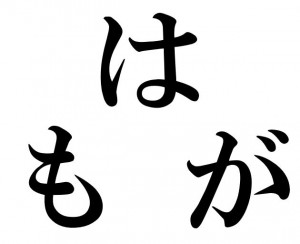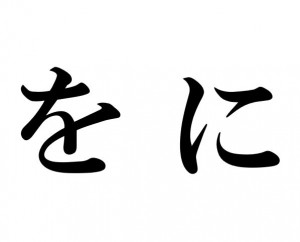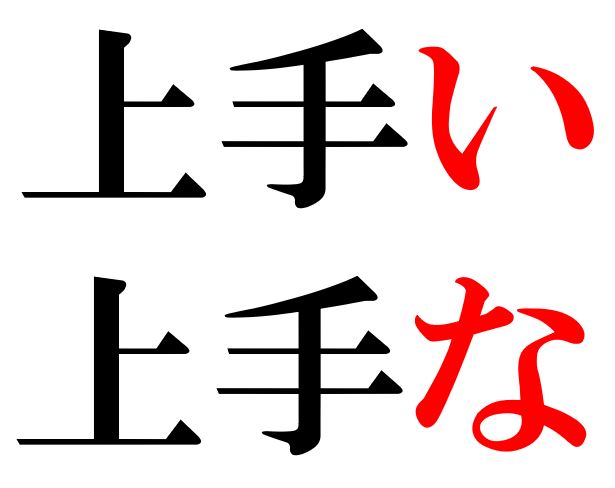Before starting the exercise for na-adjective and i-adjective, please clarify any doubts you may have about the grammatical rules by referring to your grammar guidebook or dictionary. The Instantaneous Composition Method requires you to compose sentences with the target sentence pattern(s) over and over in order to use them almost effortlessly. You should already have the necessary knowledge.
- Reference
- Genki I – Lesson 5: Adjectives (present and past tenses)
- Tae Kim’s Guide – Adjectives
Instantaneous Composition Exercise for na-adjective and i-adjective
This is not a translation exercise. This is the Instantaneous Composition Exercise. As if a reflexive action, try to create an equivalent Japanese sentence shortly after reading an English script. Try not to think for more than three seconds.
- Audio File
English and Hidden Japanese Scripts
| 1. | Ken is famous. |
| ケンは有名です。 |
| 2. | Takashi is not famous. |
| タカシは有名じゃありません。 |
| 3. | Shingo was polite. |
| シンゴは丁寧でした。 |
| 4. | This is an important book. |
| これは大切な本です。 |
| 5. | That is not an important book. |
| あれは大切じゃない本です。 |
| 6. | Today is hot. |
| 今日は暑いです。 |
| 7. | Yesterday was cool. |
| 昨日は涼しかったです。 |
| 8. | This is delicious sushi. |
| これは美味しい寿司です。 |
| 9. | That is not delicious sushi. |
| あれは美味しくない寿司です。 |
| 10. | Tempura was not delicious. |
| 天ぷらは美味しくありませんでした。 |
Note
When it comes to the negative state-of-being, there are two polite expressions, as shown below. We’re following the formal one. However, you should be familiar with both of them.
na-adjective (Ex. 有名 famous)
| Casual | Formal | |
|---|---|---|
| Negative | 有名じゃないです | 有名じゃありません |
| Past-negative | 有名じゃなかったです | 有名じゃありませんでした |
i-adjective (Ex. 美味しい delicious)
| Casual | Formal | |
|---|---|---|
| Negative | 美味しくないです | 美味しくありません |
| Past-negative | 美味しくなかったです | 美味しくありませんでした |
Recommended Links
How to Proceed with the Instantaneous Composition Method

Japanese Grammar Exercise: Particles 「は」「も」「が」

Particles with Verbs: 「を (Direct Object)」「に (Target)」



